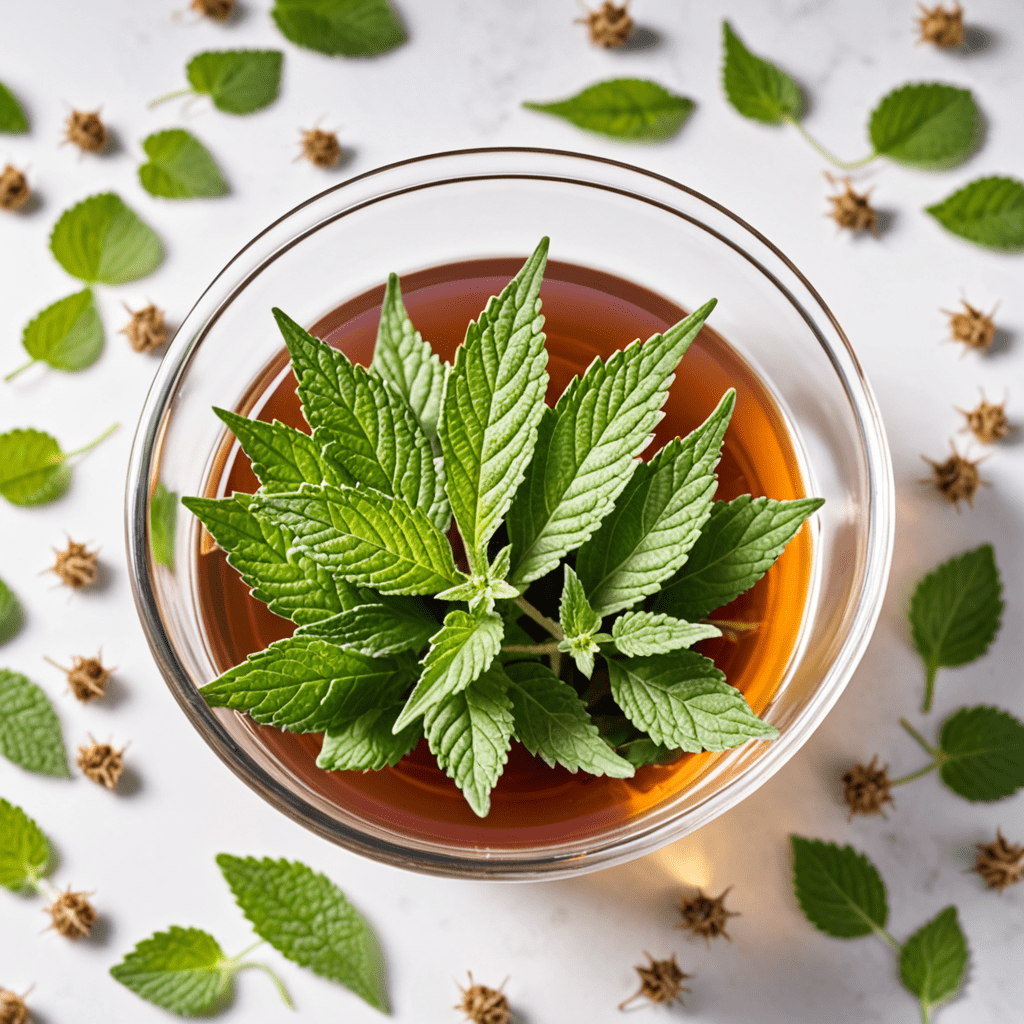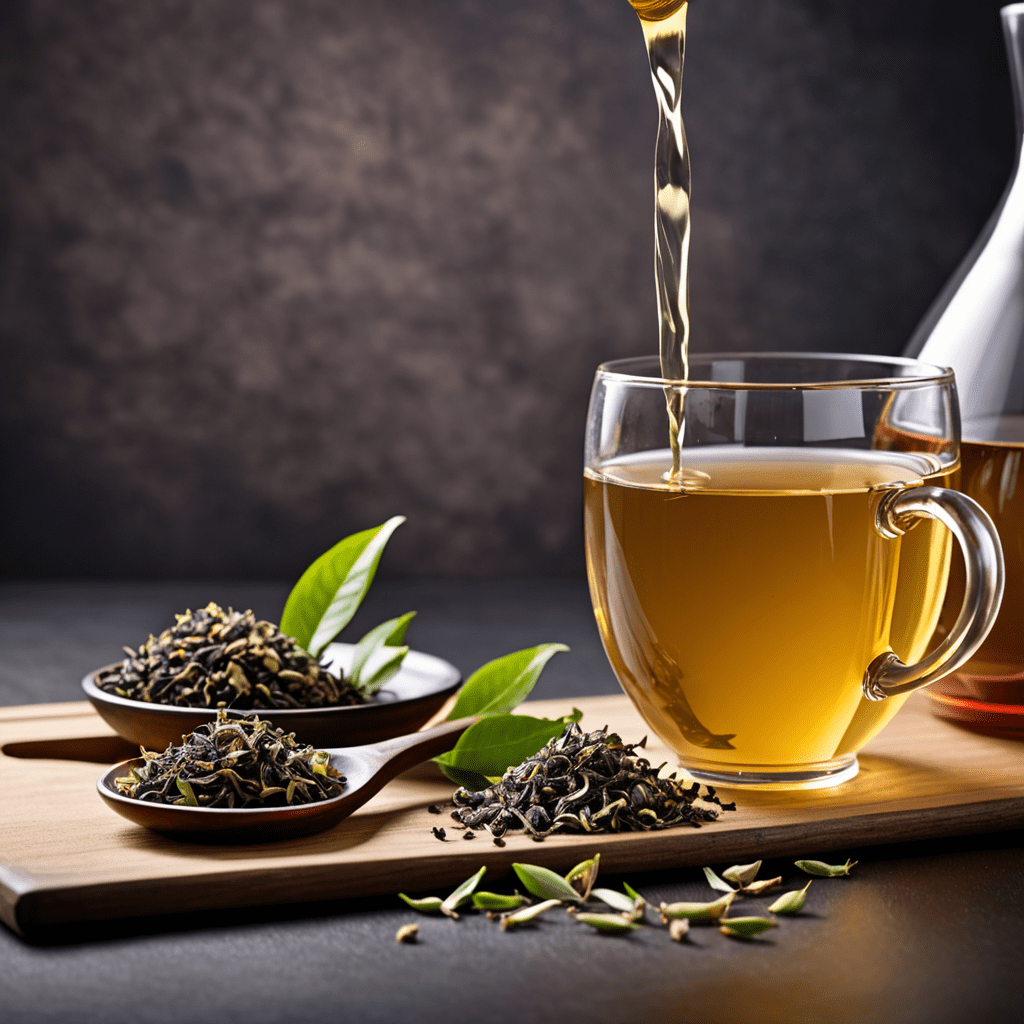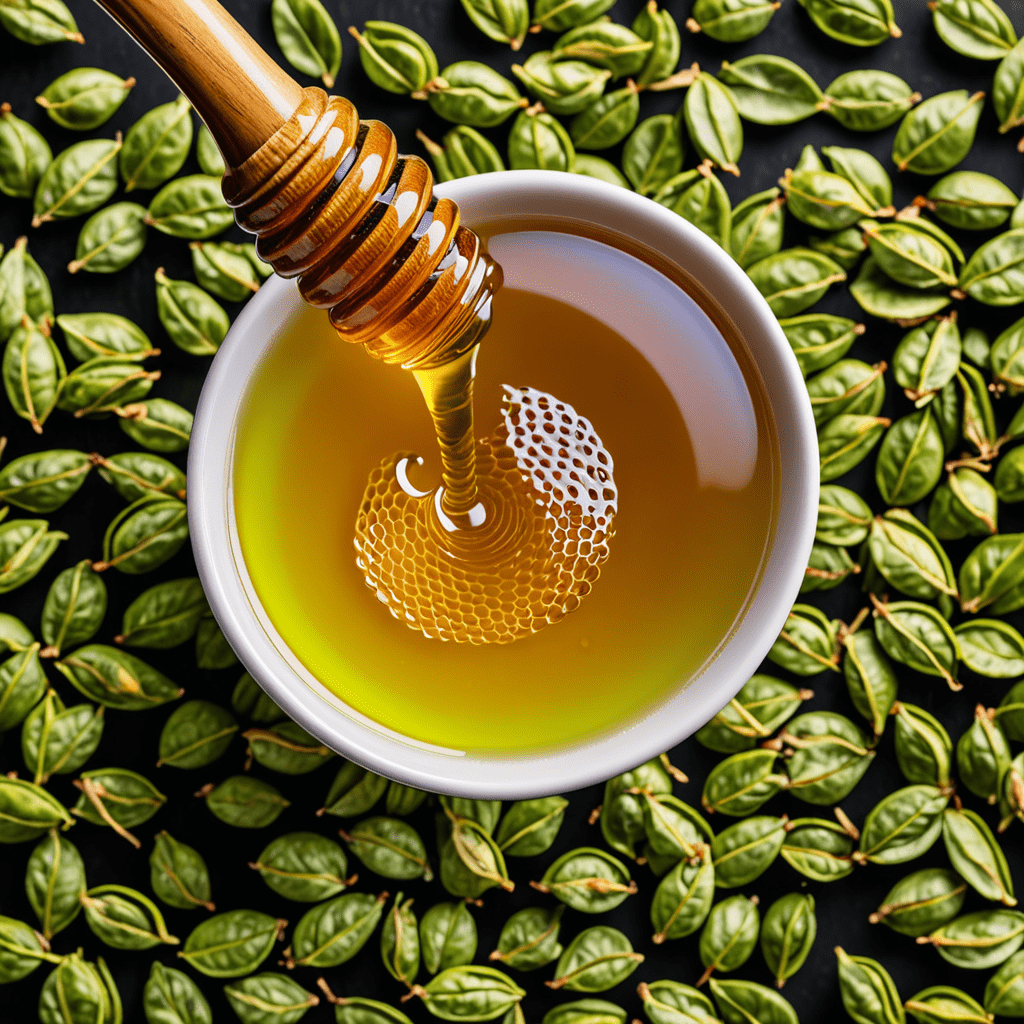
Unveiling the Caffeine Content of Lipton Black Tea Bags: Your Go-To Guide
Introduction
Whether you enjoy a cup of tea to kickstart your day or simply savor its comforting flavors, knowing the caffeine content of your favorite brew is essential. In this guide, we will delve into the caffeine content of Lipton black tea bags, providing you with the information you need to make informed choices. So, grab a cup of tea, settle in, and let’s explore the world of Lipton black tea!
Understanding Caffeine
Before we delve into the specifics of Lipton black tea, it’s important to have a basic understanding of caffeine. Caffeine is a natural stimulant found in various plant-based products, such as coffee beans, tea leaves, and cacao. It works by blocking the action of adenosine, a neurotransmitter that promotes relaxation. As a result, caffeine enhances focus, alertness, and energy levels.
Black Tea and Caffeine
Black tea, including Lipton black tea, is known for its robust flavor and invigorating properties. When it comes to caffeine content, black tea generally contains more caffeine than other types of tea, such as green or white tea, due to its production process. The exact amount of caffeine, however, can vary depending on factors like brewing time, temperature, and the specific tea brand.
Caffeine Content of Lipton Black Tea
Lipton black tea bags typically contain around 55-70 milligrams (mg) of caffeine per 8-ounce cup. This is a moderate amount compared to the 95-165 mg found in an 8-ounce cup of brewed coffee. It’s important to note that these values are average estimates and can vary depending on factors like brewing method and personal preference.
If you prefer a stronger brew or have specific caffeine sensitivities, you can opt for Lipton’s Extra Bold or Black Pearl varieties, which may have slightly higher caffeine content. Additionally, Lipton offers decaffeinated black tea options for those who want to enjoy the rich flavors of black tea without the stimulating effects of caffeine.
Factors Affecting Caffeine Content
While Lipton strives to maintain consistent caffeine levels in their black tea bags, it’s important to note that several factors can influence the actual caffeine content experienced during consumption:
- Brewing time: Longer steeping times can result in higher caffeine extraction
- Brewing temperature: Higher water temperatures can increase caffeine extraction
- Tea bag size: Larger tea bags may contain more tea leaves, resulting in more caffeine
- Water quality: The mineral content and pH level of the water used can affect caffeine extraction
FAQ
1. Does Lipton black tea have more caffeine than coffee?
No, Lipton black tea typically contains less caffeine than coffee. An 8-ounce cup of brewed coffee typically contains 95-165 mg of caffeine, while Lipton black tea contains around 55-70 mg per 8-ounce cup.
2. Can I reduce the caffeine content in Lipton black tea?
To reduce the caffeine content in your cup of Lipton black tea, you can opt for decaffeinated varieties. These teas undergo a process to remove a significant portion of the caffeine, resulting in a beverage with minimal caffeine content. However, it’s important to note that decaffeination processes can also affect the taste and overall flavor profile of the tea.
3. Are caffeine levels consistent across all Lipton black tea bags?
While Lipton strives to maintain consistent caffeine levels, variations can occur due to factors like brewing time, temperature, and individual preferences. It’s always best to refer to the packaging or consult Lipton’s official resources for specific caffeine information.
4. Can I customize the strength of my Lipton black tea?
Yes, you have control over the strength of your Lipton black tea. Adjusting variables such as brewing time, water temperature, and the number of tea bags used can help you achieve your desired strength. Keep in mind that longer steeping times and higher water temperatures can result in a stronger brew with higher caffeine levels.
5. What are other factors to consider when consuming tea?
While caffeine is an important aspect to consider, there are other factors to be mindful of when consuming tea. These include individual sensitivity to caffeine, potential interactions with medications or medical conditions, and the overall balance of one’s diet and lifestyle. It’s always recommended to consult with a healthcare professional if you have any concerns.
6. Can children consume Lipton black tea?
Due to the caffeine content in Lipton black tea, it’s generally recommended for adults. Children and teenagers should limit their caffeine intake and consider alternative beverages that are more suitable for their age group.
7. Is Lipton black tea a good alternative to coffee?
Yes, Lipton black tea can be a good alternative to coffee for those looking for a flavorful beverage with a moderate caffeine content. It offers a wide range of flavors and can be enjoyed hot or iced, making it a versatile choice to suit personal preferences.


